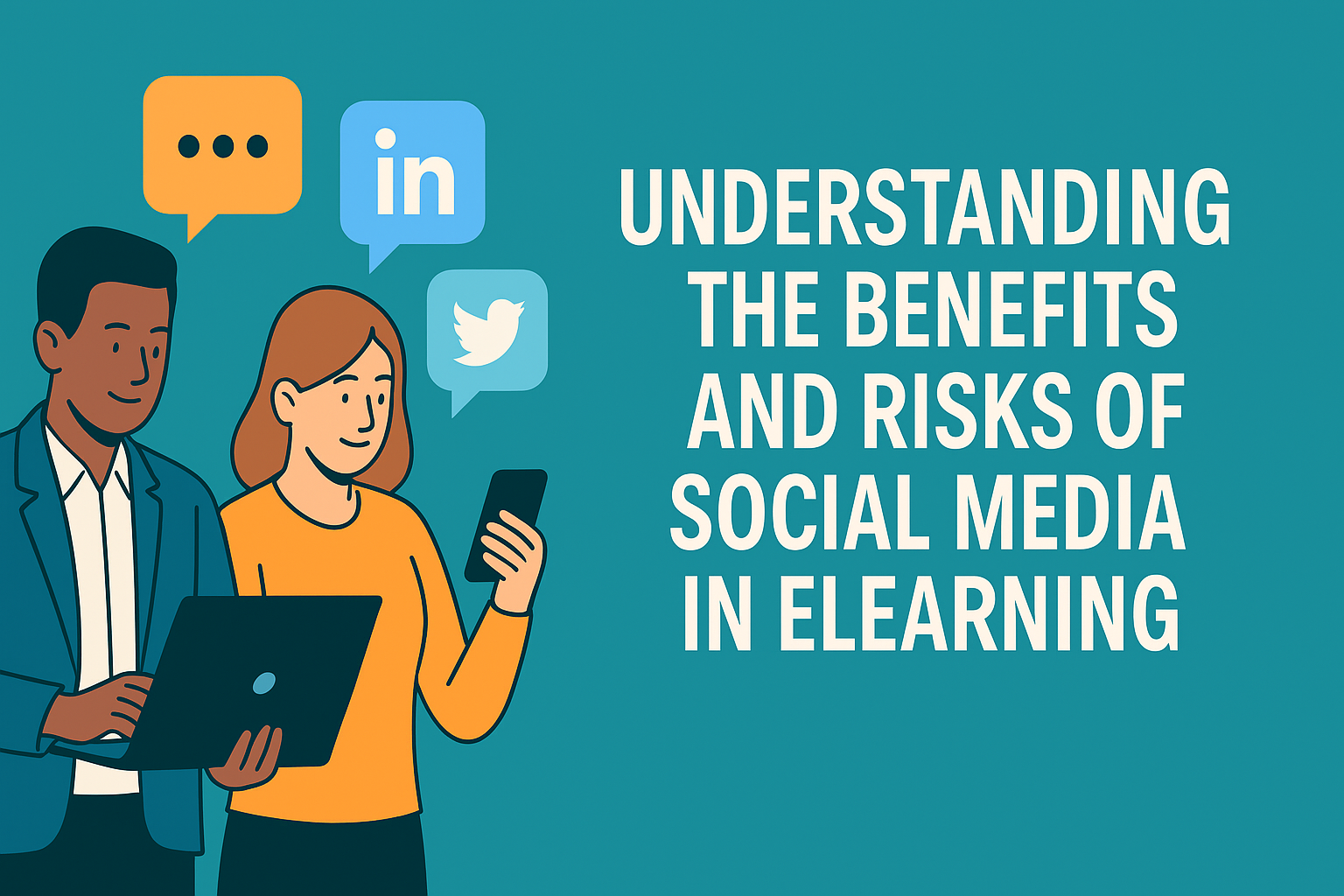
"Not long ago, social media was seen as a distraction in the workplace. Today, it's becoming an essential tool for professional development and corporate learning. From LinkedIn learning groups to micro-learning on YouTube or collaborative project spaces on Slack and WhatsApp, social platforms are reshaping how organizations deliver training and engage employees. Social media in eLearning offers exciting opportunities-but it also brings challenges that learning leaders must carefully navigate."
"Social media platforms offer unique ways to make eLearning more engaging and relevant for today's learners. When used thoughtfully, these tools can transform how learners interact with content. 1. Making Learning Engaging and InteractiveEmployees are already comfortable using social platforms. Integrating them into training allows learners to collaborate, ask questions, and share insights in real time. For example, private LinkedIn groups or Teams channels can host ongoing discussions, while YouTube-style micro-videos can turn complex policies into digestible, engaging lessons."
Social media has shifted from workplace distraction to an essential tool for professional development and corporate learning. Platforms such as LinkedIn, YouTube, Slack, Teams, and WhatsApp enable micro-learning, collaborative projects, and ongoing peer discussions. Integration of social tools increases engagement through real-time collaboration, Q&A, and digestible micro-videos. Incorporating social media builds digital communication skills, technical fluency, and digital etiquette. Social platforms remove geographic barriers, foster knowledge sharing, and break down organizational silos. Risks include exposure of sensitive company data and personal information, requiring clear policies, secure environments, and employee education.
Read at eLearning
Unable to calculate read time
Collection
[
|
...
]